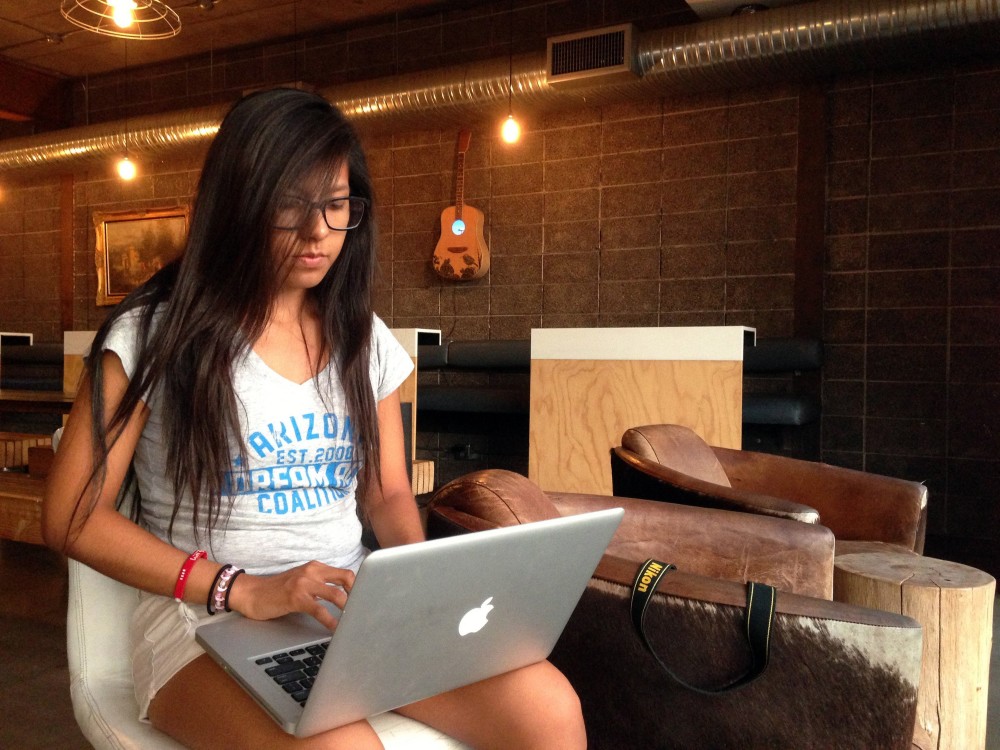By Diane Mastrull
The Philadelphia Inquirer.
PHILADELPHIA
The two visitors from England occupied window seats at HubBub Coffee in downtown Philadelphia on a recent rainy afternoon, huddled over hot drinks and the real reason they had stopped in: free Wi-Fi access.
Free for them, but not the coffee shop’s owner.
When Internet squatters’ time at a small business lasts long after they’ve swallowed the last sip of their caffeinated cover, that Wi-Fi becomes an even pricier perk, said Alan Jacobson.
He and friend Jesse Bookspan are out to change that with GuestNet, a software and hardware product that aims to make small-business owners money off every log-on to the Wi-Fi they offer.
“Everyone wants free Internet, but the goal of a business is to make money,” Bookspan said.
GuestNet might not chase off Web lingerers, but its creators hope it at least guilts them into increasing what they spend at the businesses whose Wi-Fi they’re using.
That would be a secondary benefit, however. GuestNet’s primary objective is to help small businesses turn their Wi-Fi into a moneymaker by posting on their landing pages advertising videos no longer than 25 seconds. A customer wishing to use the free wireless connection must watch an ad first, before getting to the desired website.
How many more ads the customer must watch depends on how long he or she stays signed on and the ad frequency selected by the business hosting the Wi-Fi.
After a four-month pilot, GuestNet launched in late October at the Coffee Fest trade show in Portland, Ore. The company does not expect to start being paid by advertisers for placing their videos until January.
Pricing is based on the number of ad views, Bookspan said. GuestNet will pay businesses based on log-ons generated: for up to 600 a month, $20; up to 1,200, $30; up to 1,800, $40; up to 2,400, $50; more than 2,400, $70.
With Bookspan and Jacobson its only employees, GuestNet operates from a co-working space, providing routers with customized software to its clients for a refundable $200. That ensures its Wi-Fi monetization service is kept separate from the routers the businesses use for their payment systems, for instance.
A competitor’s messaging will not appear on a business’s network, Jacobson said.
Bookspan and Jacobson, both 24, met in 2012, when they were paired as roommates for a study-abroad program in Spain.
Jacobson majored in marketing at Pennsylvania State University. After graduation, he worked in digital marketing for more than 1 1/2 years at Digitas Health in Philadelphia.
Bookspan, a communications major at the University of Pittsburgh, took a job in sales at Yelp in Phoenix after graduation. The year he was there, Bookspan brainstormed long distance with Jacobson on developing a digital product.
For Bookspan, the startup bug is genetic. His father, David, a former litigation partner at Philadelphia law firm Wolf, Block, Schorr & Solis-Cohen LLP, is founder and board director of Monetate Inc., an online platform that helps e-commerce sites with testing, merchandising, and customer targeting. He also is a founding partner of DreamIt Ventures, a startup accelerator.
David Bookspan lauded GuestNet for recognizing “a pain point for small businesses” and offering a remedy without added cost to business owners.
“That’s a pretty compelling value proposition,” he said.
With daily Wi-Fi log-ons in the hundreds of millions, by some estimates, GuestNet’s potential reach is vast. The challenges include amassing advertising that will be meaningful in a hyperlocal venue, “which is sort of a holy grail for a lot of advertising,” and keeping the costs of building a client base in check, David Bookspan said.
Taking a break from their Wi-Fi immersion at HubBub, Sarah Christie, 26, and Daisy Baldwin, 28, the British vacationers, said they were not put off by the promo for “The Martian” they had to watch before they could check email.
“I think it was quite clever,” Baldwin said. “I think it is a great way of monetizing the free Wi-Fi.”














































































































































































































































































































































































